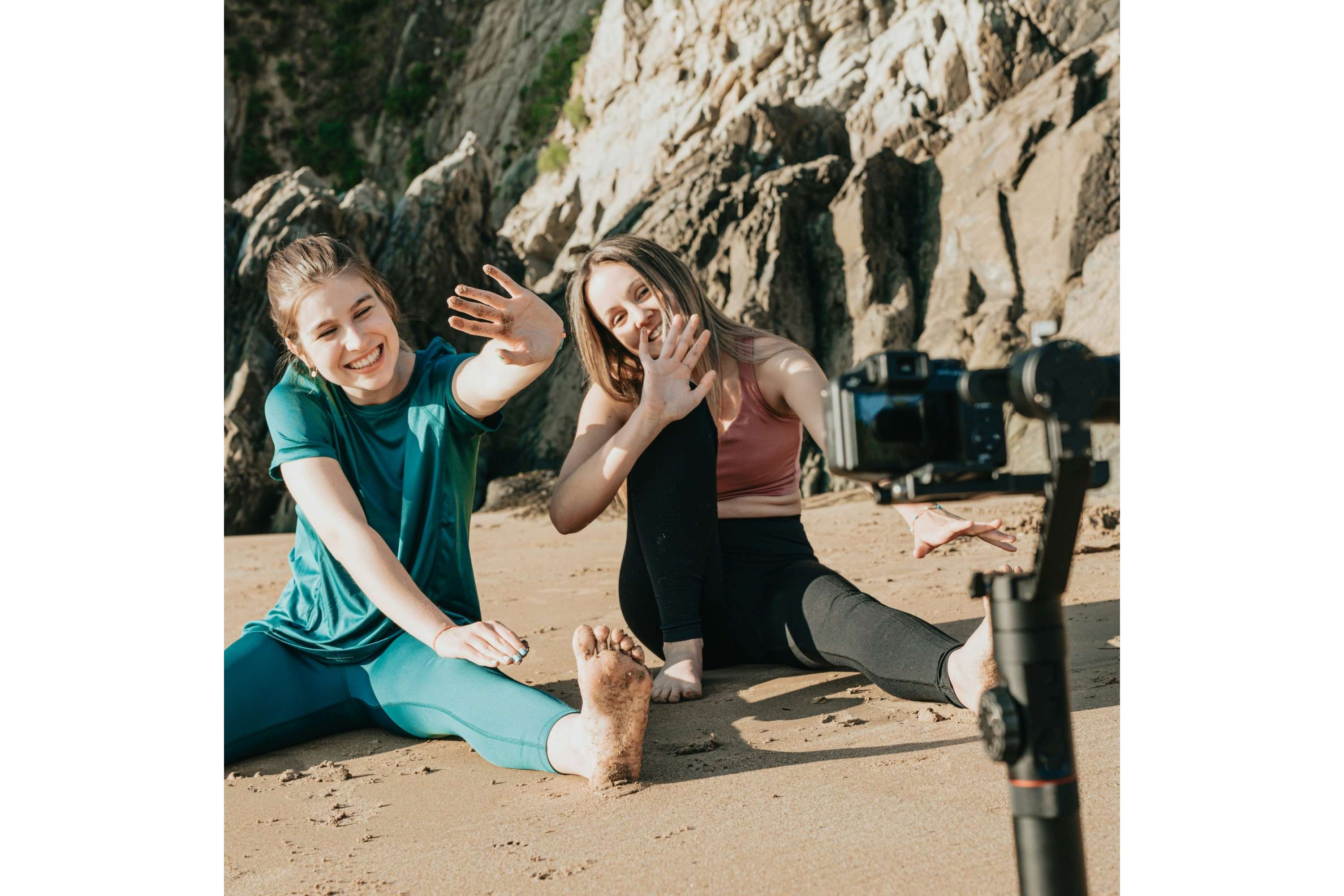
Introduction In today's rapidly evolving digital landscape, businesses must stay ahead ...

Introduction In today's rapidly evolving digital landscape, businesses must stay ahead ...

For Technology & IT candidates, the approach towards first stage interviews ca...

What is the role of an insight analyst and how do they bring value to a business?There are a...

The task of attracting the best Creative talent can seem like an impossible challenge. Where...

We can help your business with the recruitment of eCommerce professionals, whether you are a...

We can recruit the best client services talent you need for your business. We already do thi...

We are an Account Manager Recruitment agency that is renowned in the North West for providin...

What do you want from an SEO Manager?The very first thing to figure out is what you’re looki...